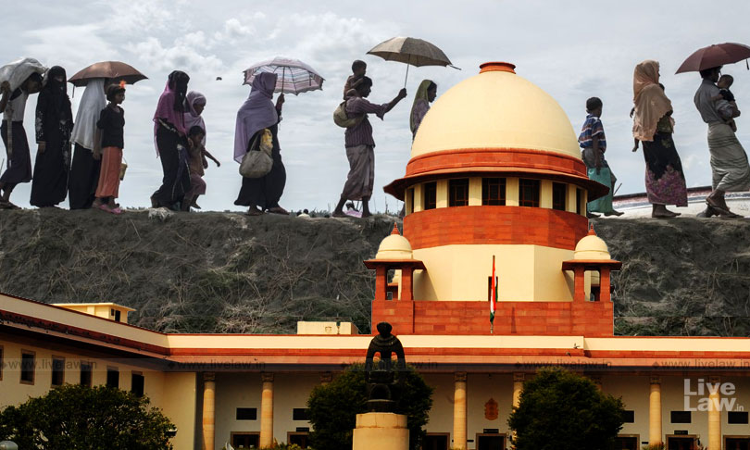Rohingya Deportation: SC Seeks Centre's Reply To Intervention Plea by the UN Special Rapporteur
Mehal Jain
10 Jan 2020 3:53 PM IST

Next Story
10 Jan 2020 3:53 PM IST
Hearing the case of the proposed Rohingya deportation, the Supreme Court on Friday sought for the Centre to reply to the intervention by the UN Special Rapporteur on contemporary forms of racism, racial discrimination, xenophobia and related intolerance. Assuming even more significance in the wake of the nation-wide turmoil regarding the CAA and the NRC, The Rapporteur, in her application,...
